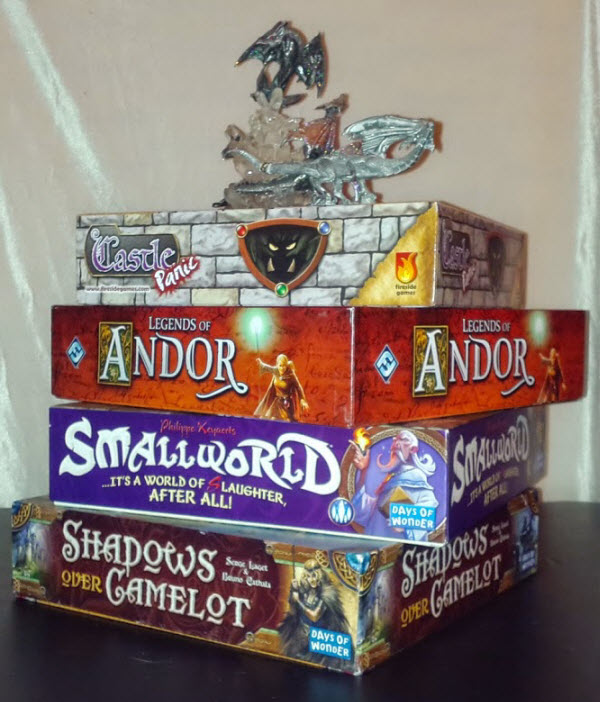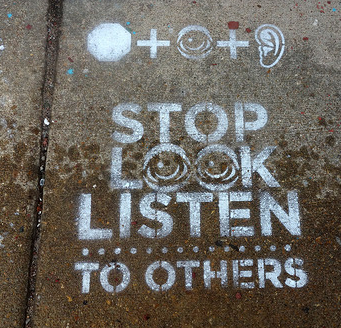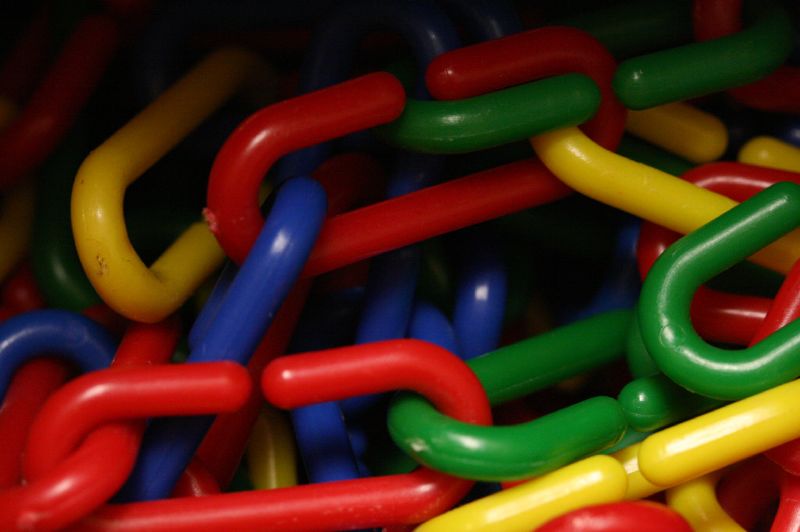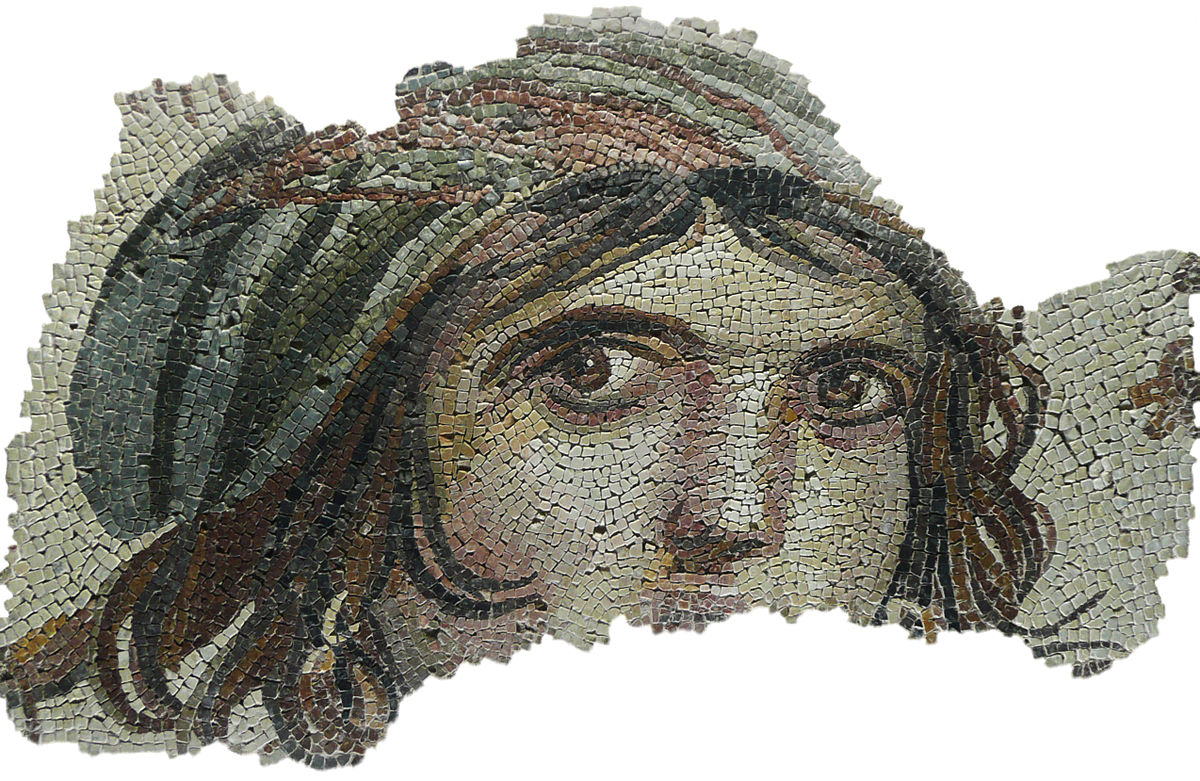As board gaming continues to grow in popularity, it is reaching whole new swaths of potential gamers. With that comes not only whole new ideas about the games themselves but also new perspectives on matters of theme, culture, representation, and inclusivity. While this undoubtedly has and does lead to clashes of opinion as the landscape of board gaming slowly incorporates more diverse voices into the fold, there still exists the belief that the community overall will be better and stronger for it in the long run. That is, if we let it. If gaming is for everyone, then, as this series advocates, we must be willing to pursue that goal by collectively going All In.
![]()
Who am I as a Gamer?
The question of identity comes up again and again throughout one’s life. Who am I? How do I identify myself? How do others identify me?
Whether you think about it or not, you have an identity as you move through the world, and that can have far-reaching ramifications.

Find the games that suit your tastes
I find it interesting to think of identity in terms of board gaming. Most people reading this likely identifies to some capacity as a ‘gamer’ or ‘board gamer’. Some may get even more specific and address themselves as a ‘casual gamer’ or a ‘Euro gamer’ or a ‘solo gamer’. These tags are, naturally, what types of games we prefer to play – sometimes exclusively. We develop and hone our taste in games, and through our vast experiences, we hopefully find a place where we feel like we fit in. We find others who possess a similar game history to us and want to play the same games as us. We shy away from groups who play games outside of our comfort zone or that we simply do not enjoy.
I, for example, tend to avoid groups and games that are heavy with miniatures. I have never played a miniatures game in my life, nor do I make an effort to seek them out. At first, I couldn’t put my finger on why, but the more I reflected and unpacked my aversion, I came to understand more of my own stereotypes and preconceived notions about miniature games and those who play them.
That said, gaming is a growing hobby with a vast array of gameplay styles, and so I don’t think it’s a terrible trend that I stick to my gamer identity group – and I have seen many others opine similarly. I game in my spare time, which there is not a lot of, and I do not want to spend my hours doing something that is not fun for me. Yet as I unpack my feelings and experience around the different types of gaming, I often wonder if I am missing out.
Not on the games…but on the people.
Gaming has huge potential to strengthen human connections and relationships – much more than we recognize. However, inclusive communities and relationships that allow all peoples to fully participate do not happen by accident. It requires intentional work with highly structured systems in order to bridge the gaps and differences in experiences and identity. To achieve this goal, the entire community must be on board.
Which continually brings me back to the same question: what are the goals of each individual gamer, what are the community’s goals, and are they aligned?
The first part seems pretty transparent: we are all obviously here for games, and the overwhelming majority are very excited at where the industry is and where it is going.
Yet while the games themselves are all good and fun (we probably wouldn’t all be here if they didn’t exist), what are games without the people to play them with or talk to them about? Similarly to a gamer identity, we tend to gravitate towards people who we share similar experiences, backgrounds, and identities to accomplish that. However, what I have learned about people who enjoy board games is that there isn’t one singular background or experience set that creates a gamer. And as board gaming brushes against the mainstream, our hobby continues to grow with an ever-diverse group of gamers. (I don’t particularly like the current bandying of the word ‘diversity’ and what it has come to symbolize in our current cultural context, but that’s another article.)
We are seeing a steady increase of gamers from many different experiences and identities (race, culture, ethnicity, religion, socioeconomic status, age, sexual orientation, and gender identity) who are finding new access points into gaming. This could be for a variety of reasons, be it the notion that gaming is indeed becoming more mainstream, that there are more people from similar experiences finding one another, that there are more active and welcoming access points, or a host of external sociocultural factors. Regardless, as a community, we are struggling with these changing experiences and must ultimately contend with a gaming culture that was not created by or for many of the very people now entering the hobby.
And yes, while we are here for fun and for games, we need to talk about this. We need to talk about life experiences that impacts an individual to fully participate in our community. Because those experiences certainly impact their ability to do the same.
I find that the community willingly adopts and even fixates on gamer identities, but we often overlook the vast life experiences and identities that individuals bring to the table. When I stop to think, “the person I just played a game of Azul with has lived a full human life with their own unique experiences”, it really makes me take a step back. I just shared an experience with this person, one which could provide a foundation to a new relationship. Which in turn provides a foundation to be open to this person’s perspective – their views, experiences, stories, and background. This might seem like a large jump, but in my experience (and some preliminary research on social behavior), a positive gaming experience with a stranger has potential to build empathy between those strangers. That gaming has the potential to increase our empathy for each other and each other’s experiences is mind blowing. To me, this is an opportunity we cannot pass up if we truly want an expanding and inclusive board gaming community.
 This process is not always easy, however. Being open to hear about different people’s experiences can be challenging and even be personally harmful. (I want to be clear: I am not advocating for anyone to put themselves in harm’s way in the name of bridging differences.) Rather, it’s that listening to an experience that you cannot personally relate to is often difficult and can easily bring up thoughts of defensiveness, discomfort, anger, frustration, etc. My goal in those situations isn’t necessarily to change my own thoughts and ideas, but to seek to understand another person. Often, though, change happens organically as a result of those understandings.
This process is not always easy, however. Being open to hear about different people’s experiences can be challenging and even be personally harmful. (I want to be clear: I am not advocating for anyone to put themselves in harm’s way in the name of bridging differences.) Rather, it’s that listening to an experience that you cannot personally relate to is often difficult and can easily bring up thoughts of defensiveness, discomfort, anger, frustration, etc. My goal in those situations isn’t necessarily to change my own thoughts and ideas, but to seek to understand another person. Often, though, change happens organically as a result of those understandings.
It’s easy to include others who are similar to ourselves. Maybe it might be time to actively work to include someone with different experiences.
Who am I as a Gamer?
Allow me to close with a little bit about my own experience:
I Am From
I am from the west coast and Cali beaches where I learned to hate sand
I am from a small home where culture and heritage was lost and preserved at the same time
I am from a split community, not quite Asian enough, not quite White enough
I am from Password and Taboo, Rumikub and that terrible Harry Potter Quidditch board game
I am from white rice fresh out of the rice cooker on week nights
I am from the smell of silicon and the pitfalls of programming in C
I am from wanting to make a difference
I am from yet another Smash Up faction
I am from the top of Queen Anne on a clear Seattle night
I am from the smell of rain
I am from the strength and support of my wonderful partner
I am from love
I am from shooting the moon for the first time, solidifying my love for trick-taking games
I am from the belief that all people have value
Who are you as a gamer?
![]()
Brendon Soltis is a contributing writer and an avid fan of the idea that greater understanding can be fostered through gaming. He can be best reached via Twitter.
Feel free to share your thoughts with us over on our social media pages!
Photo Credits: Chain by David Smith; Sidewalk Sign by Nick Normal


